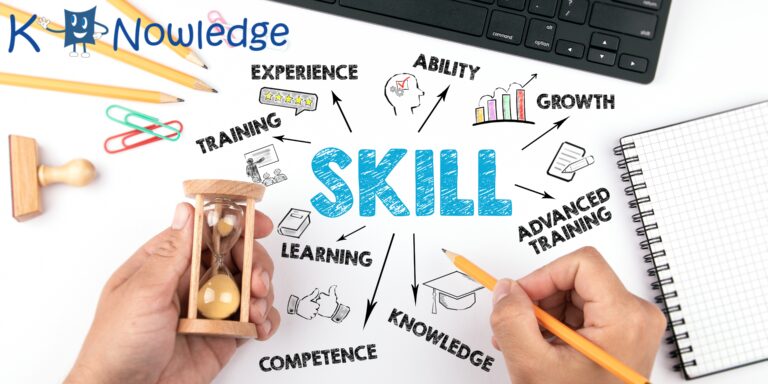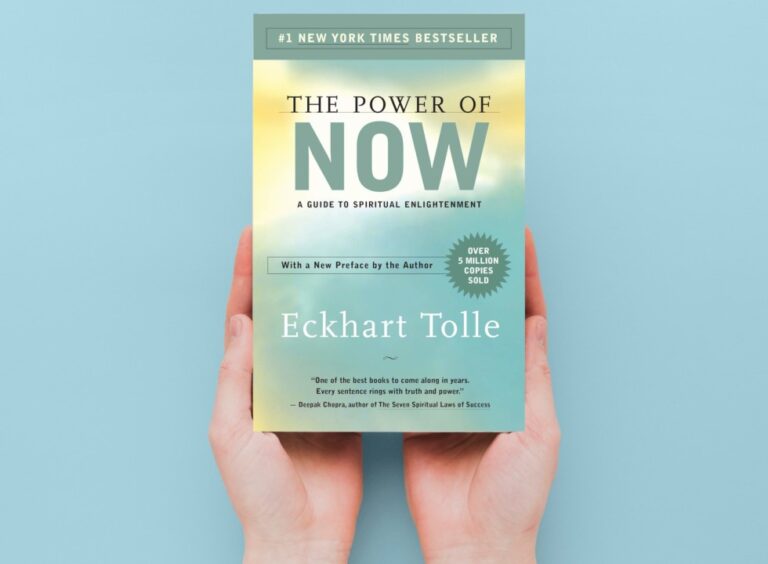Unleash Your Potential: Top Self-Development Books
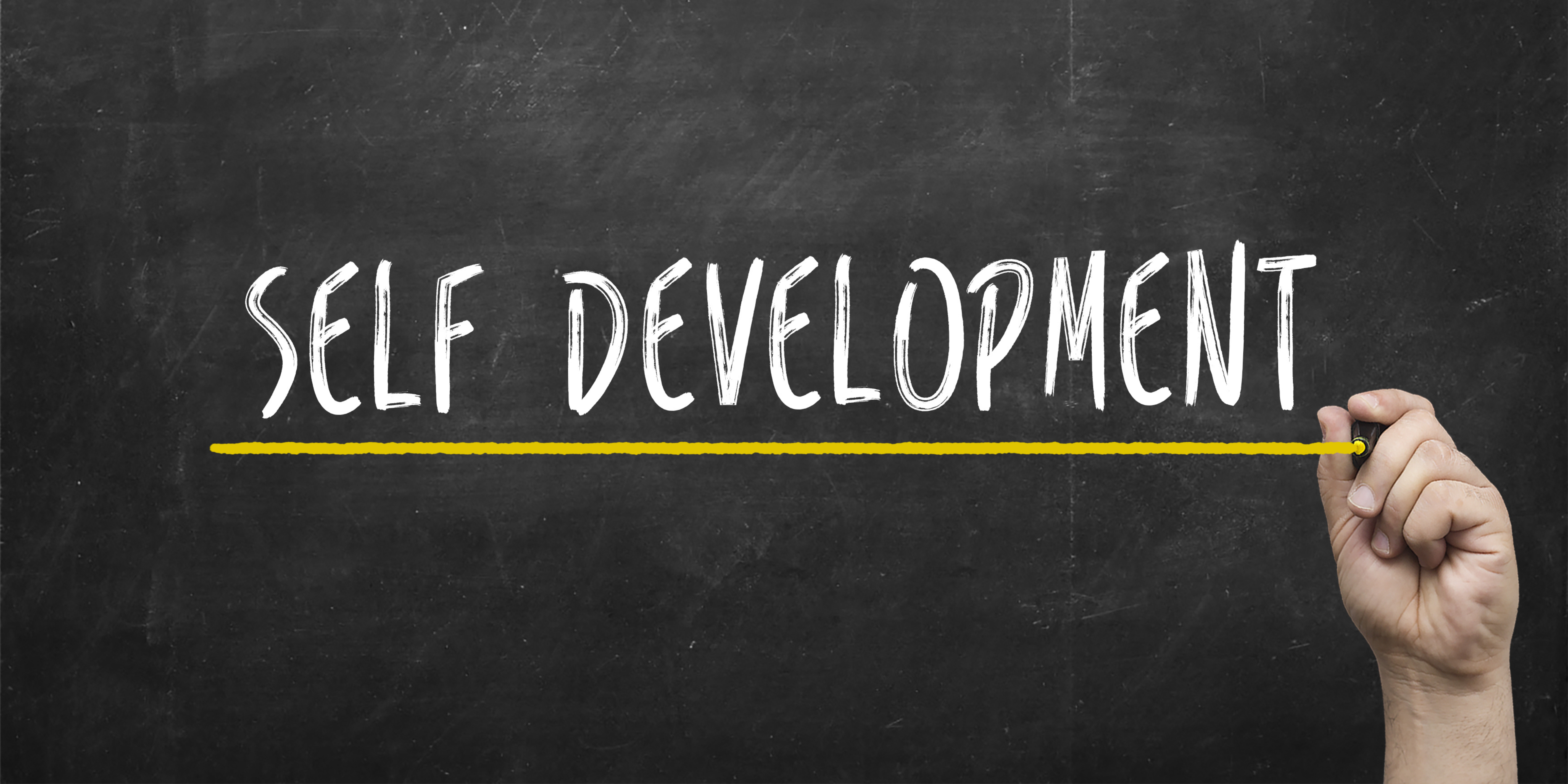
Feeling stuck in a rut, yearning for personal growth but unsure where to start? You’re not alone. Countless individuals, amidst the hustle and bustle of daily life, seek guidance on their self-development journeys. Fortunately, powerful books can serve as your compass, offering valuable insights, igniting motivation, and propelling you towards a fulfilling life. This blog post delves into two of the top self-development books . “Rich Dad Poor Dad” by Robert Kiyosaki and “Can’t Hurt Me” by David Goggins – exploring their core messages, key takeaways, and potential benefits for readers seeking to unlock their full potential.
Table of Contents
ToggleWhy Top Self-Development Books Matter
Self-development is the ongoing process of cultivating your skills, knowledge, and personal qualities to become the best version of yourself. It encompasses various aspects of life. From building healthy habits and achieving career goals to fostering stronger relationships and navigating challenges with resilience. Engaging with top self-development books can significantly amplify this journey by:
- Providing inspiration and motivation: Powerful stories and compelling arguments can spark a fire within you. propelling you towards action and igniting a desire to learn and grow.
- Offering valuable knowledge and insights: Renowned authors, often drawing on personal experiences and extensive research. share valuable insights and practical strategies that you can readily apply to your own life.
- Presenting different perspectives and strategies: Exposure to diverse viewpoints broadens your understanding of various approaches to self-development. allowing you to discover tools and techniques that resonate most deeply with you.
- Serving as a source of support and encouragement: When faced with setbacks or moments of self-doubt, these books can serve as a source of encouragement. reminding you of your capabilities and offering a sense of positive reinforcement.
Diving Deep into “Rich Dad Poor Dad”
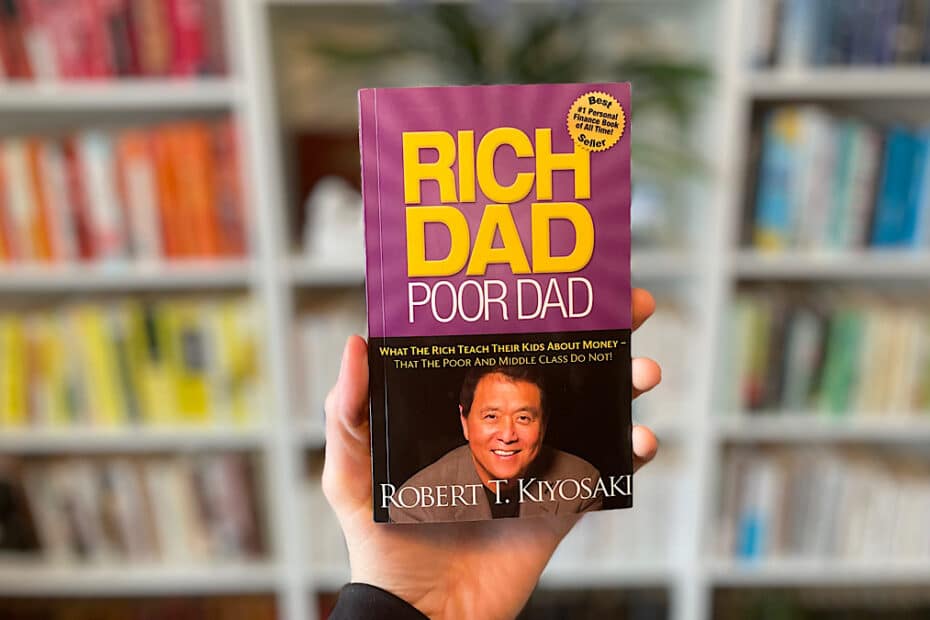
Published in 1997, “Rich Dad Poor Dad“ quickly rose to fame, challenging traditional perspectives on wealth creation and financial literacy. The book centers around Robert Kiyosaki’s childhood experience with two fathers: his biological father (the “Poor Dad”) and his friend’s father (the “Rich Dad”). Through contrasting experiences and contrasting mindsets, Kiyosaki emphasizes the importance of:
- Challenging traditional views on wealth and financial education: Kiyosaki argues that the traditional education system often fails to equip individuals to achieve financial freedom. He encourages readers to take charge of their financial education and seek alternative pathways to wealth creation.
- Emphasizing financial literacy and asset building: The book emphasizes the importance of financial literacy, urging readers to understand the fundamental principles of money management, investing, and asset building. Kiyosaki advocates for acquiring assets that generate income, such as businesses and real estate, rather than focusing solely on income from employment.
- Encouraging entrepreneurship and alternative income streams: Kiyosaki challenges the notion of relying solely on a traditional job for financial security. He encourages readers to explore entrepreneurial ventures and develop multiple income streams to achieve financial independence.
- Fostering a mindset shift towards financial freedom: “Rich Dad Poor Dad” aims to equip readers with the knowledge and mindset necessary to break free from the “rat race” and achieve financial freedom. The book encourages calculated risks as a path to growth. Learning from mistakes, and adopting a proactive approach to managing your finances.
Rich Dad Poor Dad: A Look at Criticisms and Considerations
It’s important to acknowledge that “Rich Dad Poor Dad” has received some criticism, primarily concerning its:
- Simplified financial advice: Some argue that the book oversimplifies complex financial concepts and may not be universally applicable to all readers’ situations.
- Lack of academic rigor: Critics point out the book’s limited academic references and reliance on personal anecdotes. Which may not provide a comprehensive understanding of complex financial topics.
A critical approach is essential when reading this book. Conducting your own research and consulting with financial professionals before making significant financial decisions based solely on the book’s advice.
Exploring “Can’t Hurt Me” by David Goggins
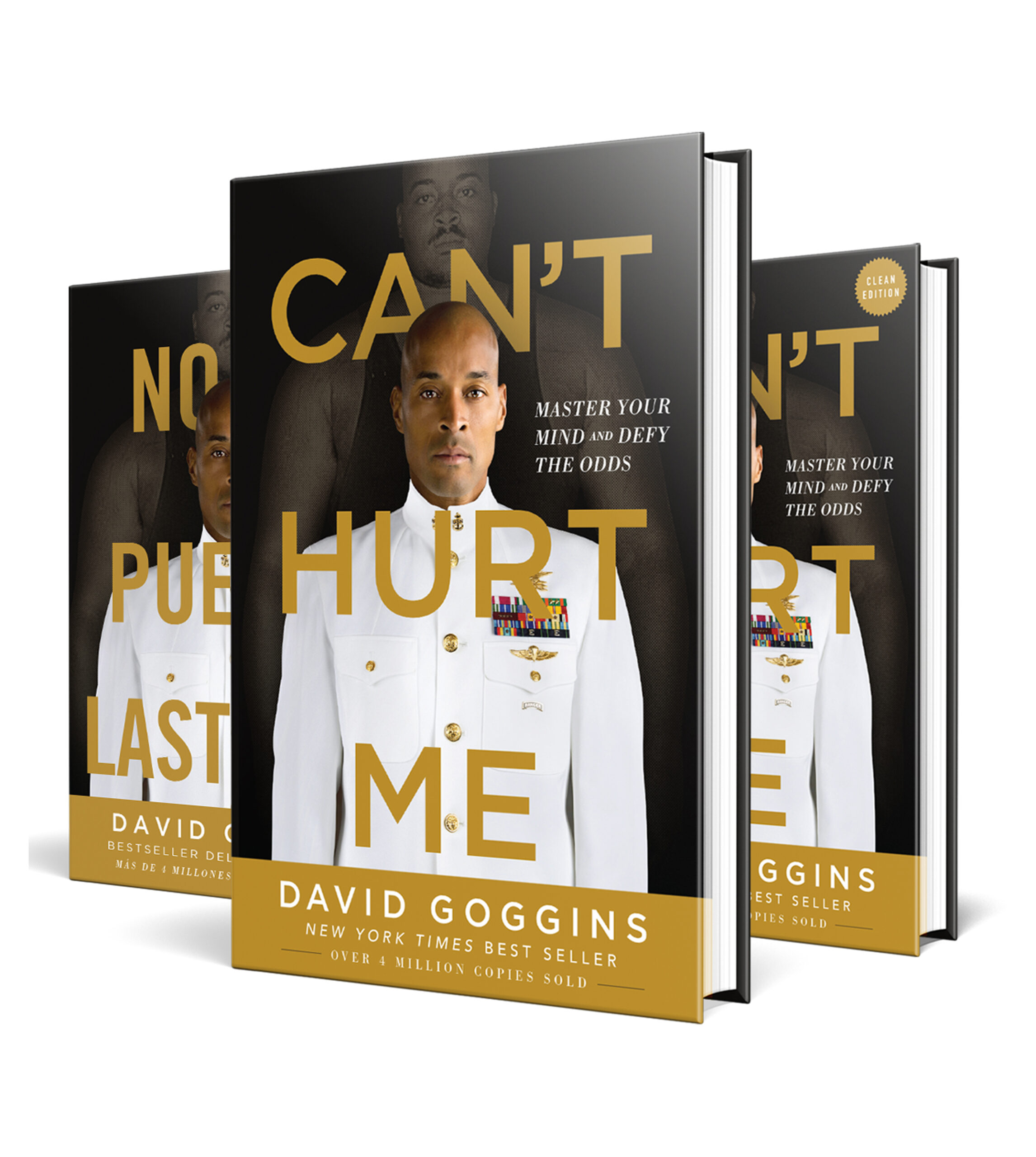
David Goggins’ “Can’t Hurt Me“ is a powerful memoir that chronicles his extraordinary journey from an overweight, depressed young man to a world-renowned ultramarathon runner and endurance athlete. Goggins, through his raw and unfiltered storytelling, shares his unwavering determination and the principles that fueled his remarkable transformation:
- Building mental resilience and overcoming self-doubt: Goggins highlights the importance of mental toughness and developing the ability to overcome self-doubt and negative inner voices. He emphasizes the concept of “callousing your mind” through rigorous physical and mental challenges.
- Embracing discipline and pushing beyond perceived limitations: The book emphasizes the power of discipline and the necessity of pushing yourself beyond your perceived limitations. Goggins advocates for stepping outside your comfort zone, embracing discomfort, and constantly striving for self-improvement.
- Developing a “growth mindset” and facing challenges head-on: “Can’t Hurt Me” champions the adoption of a “growth mindset”. Encouraging readers to Transforming challenges into stepping stones for learning and growth. Goggins emphasizes the importance of embracing adversity and developing the mental fortitude to persevere through difficult situations.
- Discovering personal strength and potential through extreme hardship: Goggins’ story demonstrates the immense potential that lies within each individual, often waiting to be unlocked through facing extreme challenges and overcoming self-imposed limitations. His experiences serve as a powerful testament to the human spirit’s ability to overcome adversity and achieve extraordinary feats.
Resonating with Readers: Who Should Read “Can’t Hurt Me”?
While Goggins’ approach may seem extreme to some, the core principles of mental resilience, discipline, and embracing challenges resonate with a broad audience. This top self-development book is particularly valuable for individuals seeking to:
- Enhance their mental toughness and overcome self-doubt.
- Develop unwavering discipline and self-control.
- Push beyond perceived limitations and achieve their full potential.
Conclusion: Embark on Your Self-Development Journey with Top Books as Your Guide
Self-development is a lifelong journey, filled with continuous learning, exploration, and growth. While offering valuable insights and practical strategies, both “Rich Dad Poor Dad” and “Can’t Hurt Me” have limitations to consider. Remember that the most impactful lessons often emerge from your own experiences and personal reflection. Embrace the power of top self-development books, but don’t limit yourself to them.
Take action, experiment with different approaches, and find what works best for you. Remember, the most transformative journeys begin with a single step. So, pick up a top self-development book. Step outside your comfort zone, and embark on your path to self-discovery and fulfillment.

